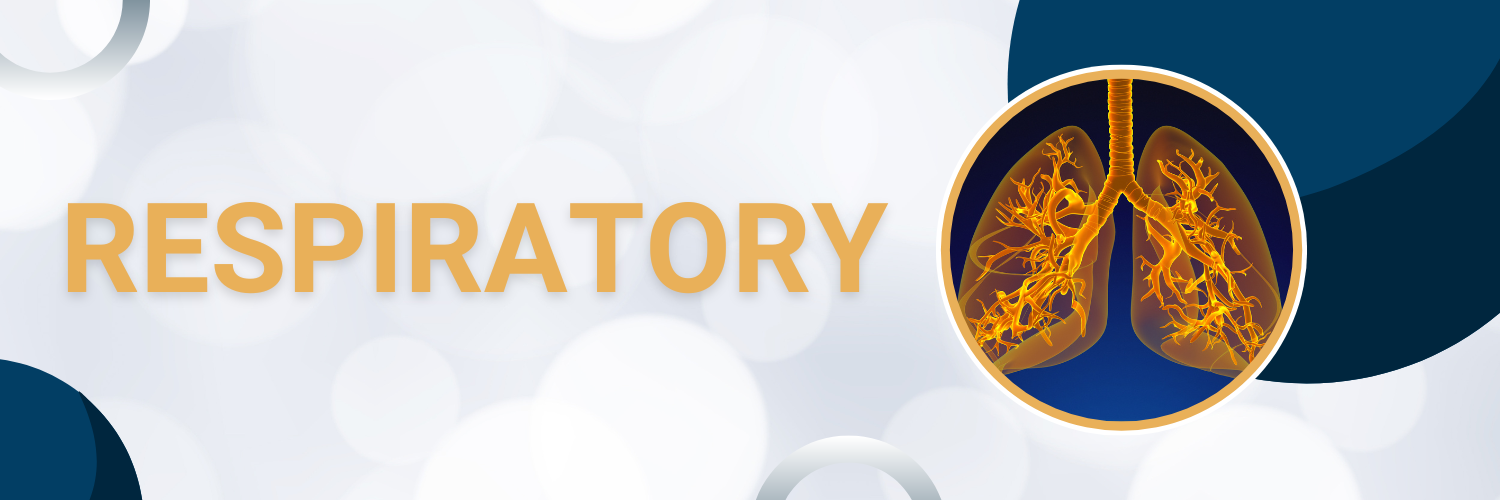

Allergies
Understanding Allergies: Causes, Symptoms, and Management
Allergies are a common health issue affecting millions of people worldwide. They occur when the immune system reacts to a substance that is usually harmless, triggering a range of symptoms that can vary from mild to severe. In this blog post, we’ll delve into the causes, symptoms, and management strategies for allergies to provide you with a better understanding of this condition.
Causes of Allergies
Allergies can be caused by a wide range of substances known as allergens. Common allergens include:
1. Pollen: Pollen from trees, grasses, and weeds can trigger seasonal allergies, also known as hay fever.
2. Dust Mites: These microscopic creatures are found in household dust and can trigger allergic reactions, particularly in individuals with asthma.
3. Pet Dander: Proteins found in the skin, saliva, and urine of pets such as cats and dogs can cause allergic reactions in susceptible individuals.
4. Mold: Mold spores present in damp environments, such as bathrooms and basements, can trigger allergies in some people.
5. Food: Common food allergens include peanuts, tree nuts, milk, eggs, wheat, soy, fish, and shellfish.
6. Insect Stings: Bee stings, wasp stings, and bites from other insects can cause allergic reactions in some individuals.
7. Medications: Certain medications, such as antibiotics, nonsteroidal anti-inflammatory drugs (NSAIDs), and chemotherapy drugs, can cause allergic reactions in some people.
Symptoms of Allergies
Allergic reactions can manifest in various ways, depending on the allergen and the individual’s sensitivity. Common symptoms of allergies include:
1. Sneezing
2. Runny or stuffy nose
3. Itchy, watery eyes
4. Rashes or hives
5. Swelling of the face, lips, tongue, or throat
6. Coughing or wheezing
7. Shortness of breath
8. Nausea or vomiting
9. Diarrhea
10. Anaphylaxis (a severe, life-threatening allergic reaction characterized by difficulty breathing, drop in blood pressure, and loss of consciousness)
It’s essential to note that allergic reactions can range from mild to severe, and severe reactions require immediate medical attention.
Managing Allergies
While allergies cannot be cured, several strategies can help manage symptoms and reduce the risk of allergic reactions:
1. Avoidance: Identify and avoid allergens whenever possible. For example, if you’re allergic to pollen, try to stay indoors on high-pollen days and keep windows closed. If you have a food allergy, carefully read ingredient labels and ask about ingredients when dining out.
2. Medications: Over-the-counter and prescription medications can help alleviate allergy symptoms. Antihistamines, decongestants, nasal corticosteroids, and allergy shots (immunotherapy) are among the options available. Consult with a healthcare professional to determine the most suitable treatment for your allergies.
3. Allergy Testing: If you’re unsure about what’s causing your allergic reactions, allergy testing can help identify specific allergens. Common testing methods include skin prick tests and blood tests.
4. Immunotherapy: Allergy shots, also known as immunotherapy, can help desensitize the immune system to specific allergens over time, reducing the severity of allergic reactions.
5. Emergency Action Plan: Individuals with severe allergies, such as those at risk of anaphylaxis, should have an emergency action plan in place. This plan may include carrying epinephrine auto-injectors (such as EpiPen) and knowing how to use them, as well as educating family members, friends, and coworkers about what to do in case of an allergic emergency.
Conclusion
Allergies are a common health concern that can significantly impact quality of life. By understanding the causes, symptoms, and management strategies for allergies, individuals can take proactive steps to minimize their exposure to allergens and effectively manage symptoms. If you suspect you have allergies or experience severe allergic reactions, consult with a healthcare professional for proper diagnosis and treatment.
